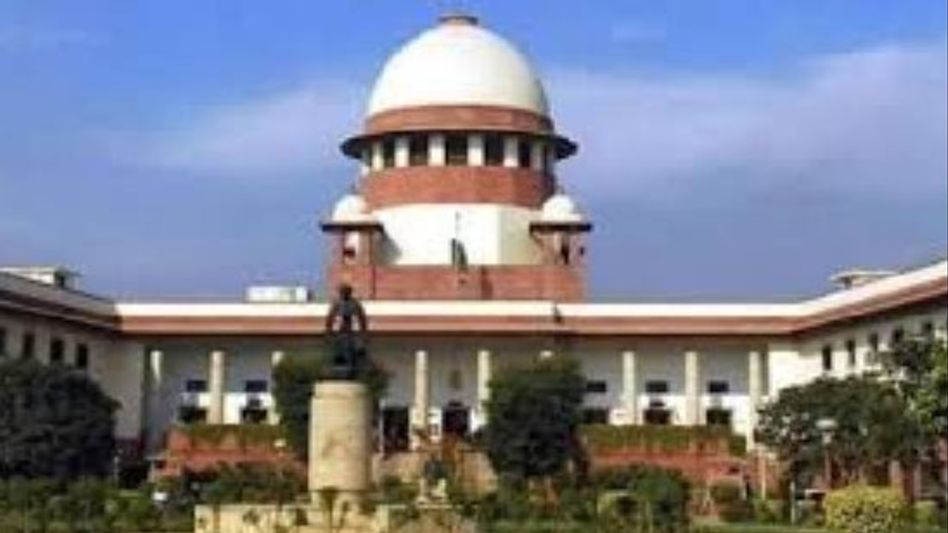Supreme Court stops coercive actions in halal-certified products ban case
The Supreme Court of India has issued an order to stop coercive actions against Halal India Limited and Jamiat Ulama Maharashtra in a criminal case related to the ban on halal-certified products in Uttar Pradesh. The criminal case was filed a day before the Uttar Pradesh government's ban on manufacturing, storage, sale, and distribution of halal-certified food products.

The Supreme Court has issued an order preventing coercive actions against Halal India Limited and Jamiat Ulama Maharashtra regarding a criminal case in Uttar Pradesh related to the ban on halal-certified products.
The complaint accused these organizations of attracting consumers "of a particular religion" to make profits through fraudulent means. The bench of justices BR Gavai and Sandeep Mehta directed that no coercive steps should be taken against Halal India Limited and Jamiat Ulama Maharashtra.
This order comes after the organizations pointed out that the court had previously extended protection from arrest to Jamiat Ulama e-Hind trust and its office bearers on January 25 in the same case. The bench emphasized that the protection should be consistent, following the order issued on January 25 that stated, "No coercive steps shall be taken against the petitioner and the office bearers in connection with a criminal case lodged by Hazratganj police station in Lucknow on November 17, 2023."
The criminal case was filed a day before the Uttar Pradesh government imposed a ban on manufacturing, storage, sale, and distribution of halal-certified food products. The complaint alleged that the accused organizations were attracting consumers of a particular religion, creating profits by fraudulently providing Halal certification to certain products.
Both Halal India Limited and Jamiat Ulama e-Maharashtra had filed petitions challenging the Uttar Pradesh government's ban. The petitions argued that the ban selectively prohibits followers of Islamic culture from consuming halal-certified products, questioning the arbitrary nature of the notification that singles out one certification based on religion.
The Halal India petition highlighted that halal signifies products or food items permissible according to Islamic culture and values. In Islam, halal products are those allowed for consumption based on the Quran, Sharia laws, and the Hadith.
This recent development in the Supreme Court aims to provide a fair and consistent approach to the ongoing legal matters concerning the ban on halal-certified products in Uttar Pradesh.
Copyright©2025 Living Media India Limited. For reprint rights: Syndications Today









